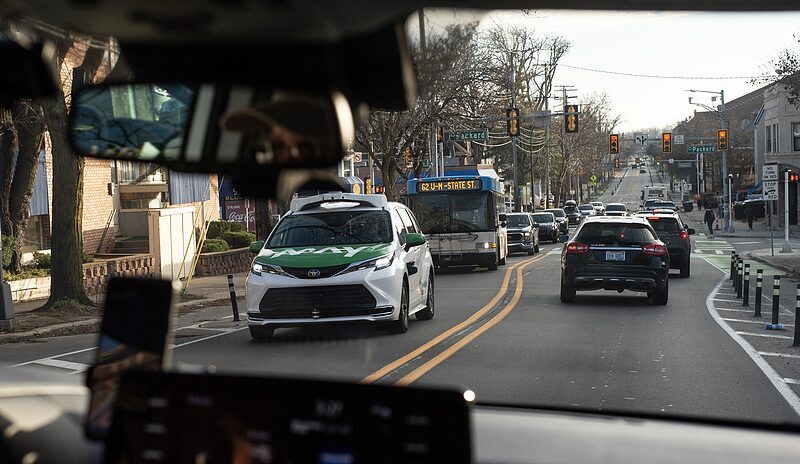The rapid advancement of autonomous vehicle technology has promised a future where driving is safer, more efficient, and more accessible. At the heart of this revolution is international collaboration, especially between the United States and the Chinese mainland, two leaders in artificial intelligence and software development. However, recent moves to ban Chinese software from U.S. autonomous vehicles threaten to derail this progress, causing harm not just to these nations but to the global community.
For years, U.S. and Chinese companies have worked together to push the boundaries of what’s possible in autonomous driving. Chinese software firms have contributed significantly with innovative solutions, enhancing vehicle navigation, obstacle detection, and decision-making algorithms. Banning these contributions could lead to a slowdown in technological advancements, as companies grapple with the loss of key software components and expertise.
Economically, the ban could have far-reaching effects. U.S. automotive companies may face increased costs as they seek to replace established Chinese software with alternatives, potentially leading to higher prices for consumers. Additionally, Chinese software companies could suffer from losing access to the U.S. market, impacting jobs and stifling innovation on both sides of the Pacific.
The ban also risks escalating tensions between the U.S. and the Chinese mainland, two of the world’s largest economies. This could lead to retaliatory measures, further disrupting global supply chains and cooperation. Such a scenario would not only affect businesses but also investors and market analysts who depend on stable relations for economic forecasting and decision-making.
Furthermore, academics and researchers stand to lose from reduced collaboration. Cross-border partnerships have been instrumental in driving research in artificial intelligence and autonomous systems. Limiting these opportunities could impede knowledge sharing, slowing down the overall progress in these fields.
The impact extends to Asian diaspora communities and global audiences interested in technological and cultural exchanges. The ban could create divisions, reducing opportunities for shared learning and mutual understanding. For travelers and cultural explorers, the growing rift might translate into fewer collaborative projects and events that bridge the U.S. and Asian cultures.
In conclusion, the decision to ban Chinese software from U.S. autonomous vehicles could have detrimental effects that reach far beyond national borders. It underscores the importance of international cooperation in technology and innovation. By working together rather than imposing restrictions, nations can ensure that advancements in autonomous vehicles benefit all, driving global progress and prosperity.
Reference(s):
Banning Chinese software in U.S. autonomous vehicles harms all
cgtn.com







